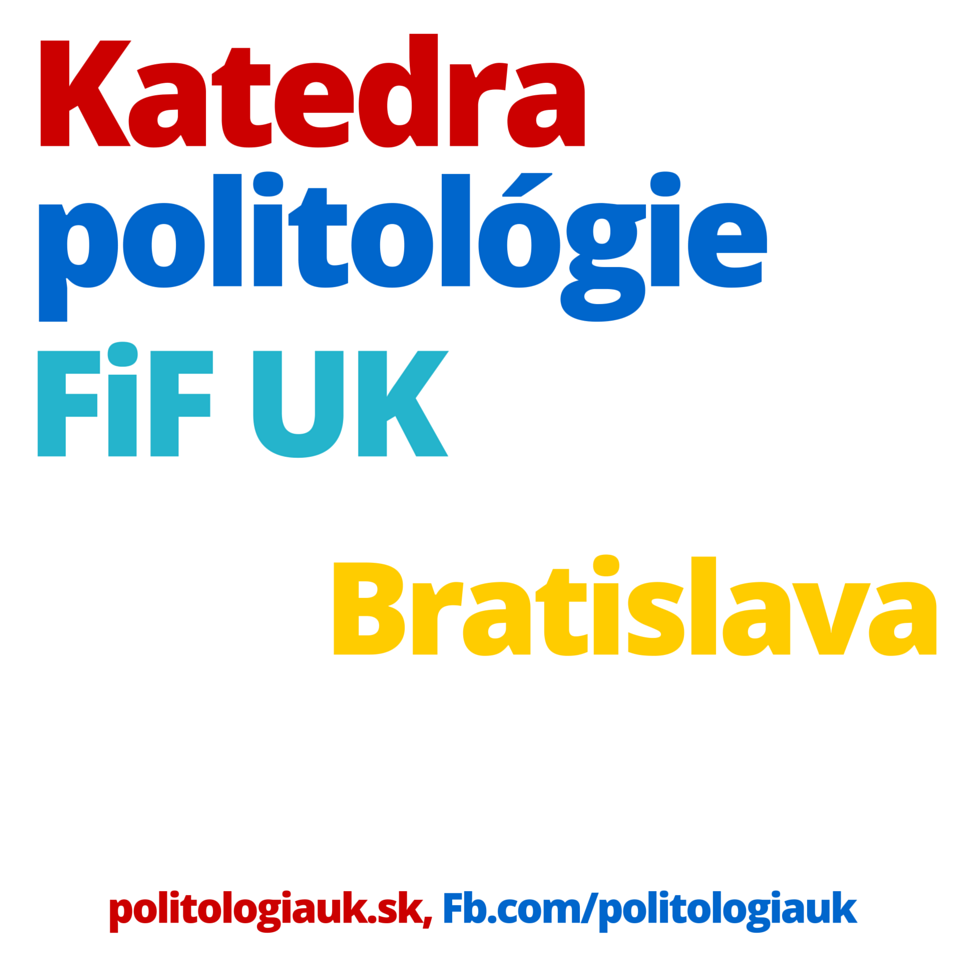Project ENERGIES (Energy Priorities) examines the positions of EU member states from Central and Eastern Europe toward the Energy Union - the European Commission's project aiming to unite the currently fragmented EU energy policy. Member countries have a key position when it comes to the further development of the energy policy at the EU level as they decide on the support for individual proposals presented within the Energy Union. The main research question asks what are the determinants of the member states’ support of the Energy Union project.
Three main objectives of ENERGIES project are:
A) to analyse the development of integration in energy policy area at the EU level in connection to Energy Union proposal. The project deals with all dimensions of Energy Union (besides research and innovation);
B) to examine the positions of the Central and Eastern European countries towards Energy Union in general and partial proposals in particular. The project focuses on Central and Eastern European region; how the countries of this region are shaped by the Energy Union project and how they help to shape the project themselves;
C) to study the sources of CEE countries’ preferences (support or opposition) towards the Energy Union.
In order to fulfil these objectives, primary empirical research is being conducted within the project - semi-structured expert interviews with the representatives of member states at the domestic level as well as at the level of permanent representations in Brussels and with the representatives of EU institutions (the European Commission, the Council of the EU and the European Parliament).
The project members aim to publish results of their examination in high-impact peer-reviewed academic journals, but focus also on policy-relevant outputs. The knowledge in energy policy area gained during the investigation will be used in the mid-term period as the EU faces several energy-related challenges connected to changes in energy supply to the EU (termination of transit through Ukraine and the Brotherhood pipeline, building of the Nord Stream 2 and/or the Turkish stream pipeline) as well as in long-term period, especially in connection to further development of renewable sources of energy.
The project consists of seven working packages that are directly connected to its main research theme while spreading to other areas crucial for the region of Central and Eastern Europe. Working packages analyze specific areas that are examined by the research team during the duration of the project. Working packages reflect on four dimensions of the Energy Union: security of supply, internal energy market, energy efficiency and emission reduction. Those seven working packages and the responsible investigators are:
- Current state of affairs and theoretical background - Matúš Mišík, PhD.;
- Supply security - Juraj Marušiak, PhD.;
- Internal energy market - Vladimír Bilčík, PhD;
- Energy efficiency - Zsolt Gál, PhD.;
- Emission reduction - Kateryna Yakovenko, PhD.;
- Reccomendations for policy makers - Veronika Prachárová;
- Dissemination - Veronika Oravcová, PhD..
Timetable of the ENERGIES project consists of three basic periods that are logically and chronologically interconnected:
I. During the first period of the project (October 2017 to June 2018) a theoretical and methodological background of the project is further developed. During this period, the project also focuses on summarising existing knowledge in area (the state of the art)
II. During the second, main research period (July 2018 to June 2020), empirical research will be conducted and the collected data will undergo preliminary analysis within individual empirical working packages.
III. The third, final project period (July 2020 to June 2021) will focus on finalization of analysis within individual working packages along development of policy outputs (recommendations for policy-makers).
